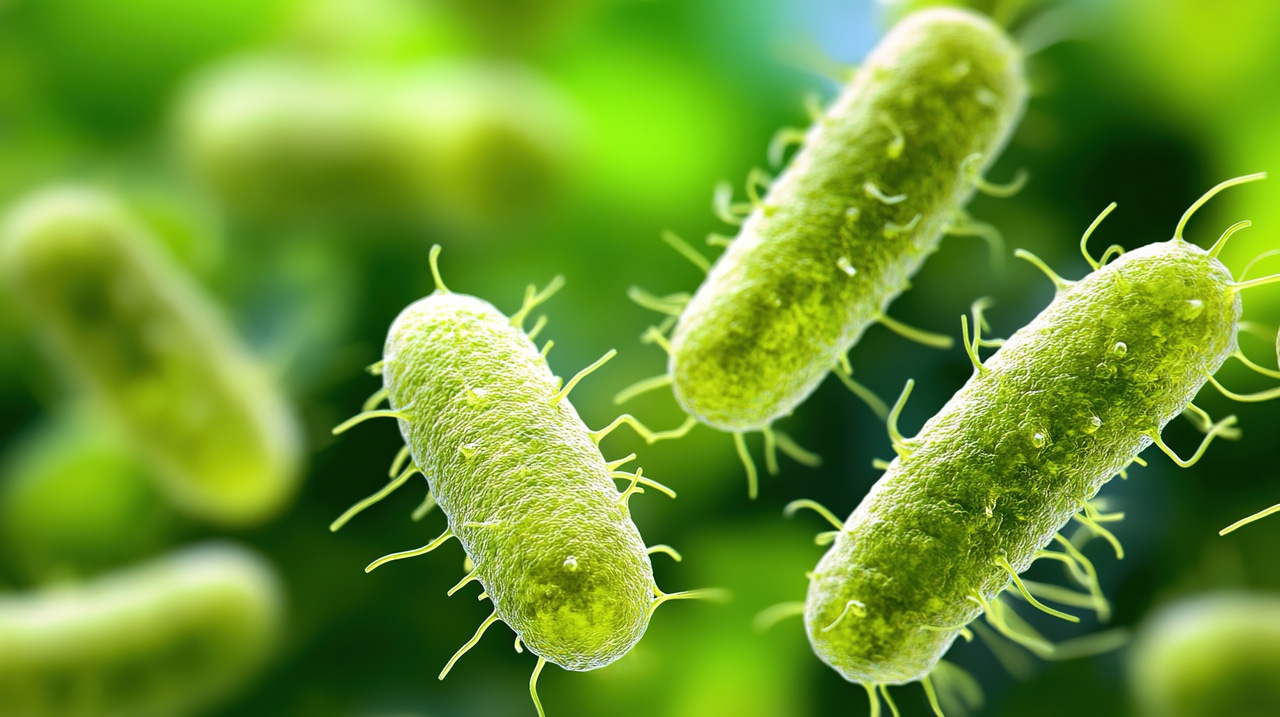South Africa investigates food safety following foodborne illness outbreak

Investigations into food safety continue in South Africa, after the deaths of 22 children from foodborne diseases. Since September, there have been 890 reported incidents of foodborne illness across the country.
South African President, Cyril Ramaphosa, addressed the food safety concerns. He said:
Several people are becoming severely ill and even dying after eating contaminated food. It has been found that some of the food items would have been purchased from spaza shops and street vendors.”
Provinces most effected are KwaZulu-Natal and Gauteng, whose department of education suspended the sale of food across Gauteng due to the recent increase in food poisoning among school children.
Naledi, Soweto has also been affected by the outbreak, as last month six children died from food poisoning. Traces of a hazardous chemical, known as Terbufos, was discovered inside and outside of a crisp packet found on one of the children who had died. Terbufos is only for agricultural use and is banned from being sold to domestic households. However, in some areas, the chemical is illegally used to control rats.
During investigations, samples have been taken from 84 spaza shops in Naledi. Three of those had traces of Terbufos, while others has other illegal pesticides seized. The first phase of inspections across spaza shops, tuck shops, and other informal traders will last one month and they now have to register within the municipalities in which they operate by the end of the year.
As consumers and parents, if we buy food or send our children to buy food, it must only be from places that are licensed to sell foodstuffs and that observe food safety regulations,” President Ramaphosa added. “We must educate our children about food safety and teach them to check for labeling. Anyone who sees fake and expired foodstuffs sold in our communities should report them to the National Consumer Commission.”





Please sign in or register for FREE
If you are a registered user on The FSQ Network, please sign in